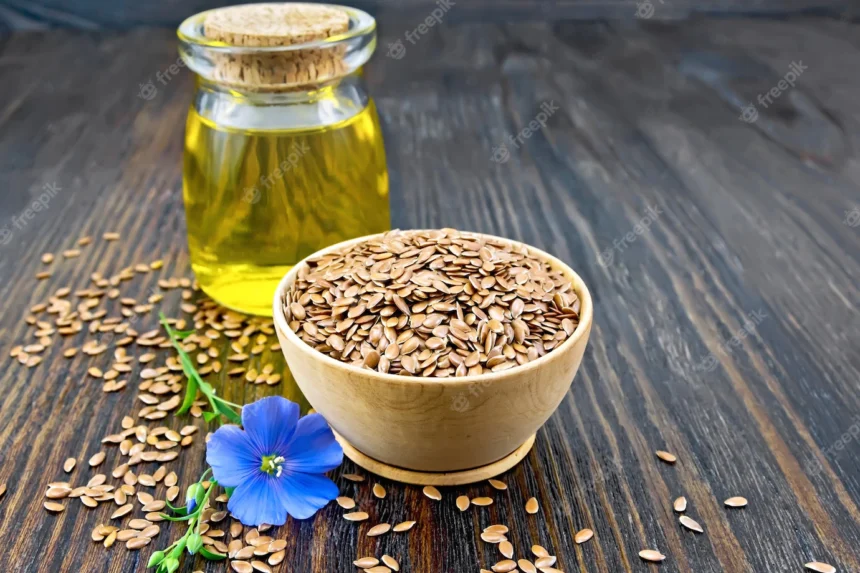Grain and oilseeds play a crucial role in South Africa’s agricultural economy, serving as the backbone of the sector. These crops are essential for food security, as they provide staple foods, livestock feed, and raw materials for various industries. Let’s explore the significance of grain and oilseeds in South Africa’s agricultural sector.
- Food Security: Grain crops, such as maize, wheat, and rice, are staple foods in South Africa. They form the basis of many traditional dishes and are a vital part of the population’s diet. The production and availability of these crops are crucial for ensuring food security and reducing dependency on imports.
- Livestock Feed: Grain and oilseeds are significant components of animal feed production. South Africa has a thriving livestock industry, including cattle, poultry, and pigs. These animals rely heavily on grains and oilseeds for their nutrition. The availability and affordability of feed directly impact the profitability and sustainability of the livestock sector.
- Export Potential: South Africa is a major exporter of agricultural products, and grain and oilseeds contribute significantly to its export earnings. The country exports a range of grains, including maize, wheat, and sorghum, as well as oilseeds like soybeans and sunflower seeds. These exports generate foreign exchange, enhance trade relations, and contribute to the country’s economic growth.
- Employment and Rural Development: The cultivation, harvesting, processing, and distribution of grain and oilseeds provide employment opportunities, particularly in rural areas where agriculture is a key economic activity. The sector contributes to rural development by creating jobs, supporting small-scale farmers, and stimulating economic activity in related industries, such as agribusiness and logistics.
- Input for Agro-Processing Industries: Grain and oilseeds serve as essential raw materials for various agro-processing industries. These crops are processed into flour, cooking oil, animal feed, biofuels, and other value-added products. The growth of agro-processing industries adds value to agricultural production, creates additional employment opportunities, and contributes to economic diversification.
- Crop Rotation and Soil Health: Grain and oilseed crops are commonly used in crop rotation systems, which help maintain soil health and fertility. By alternating grain and oilseed crops with other crops, farmers can reduce soil erosion, control pests and diseases, and improve overall soil productivity. This sustainable agricultural practice is vital for the long-term viability of farming systems.
- Research and Technological Advancements: Grain and oilseed production in South Africa benefit from ongoing research and technological advancements. Scientists and agricultural experts continually work to develop improved seed varieties, implement efficient farming practices, and address challenges such as drought tolerance, pest resistance, and yield optimization. These advancements contribute to the productivity and sustainability of the sector.
It is important to note that South Africa’s agricultural sector is diverse, and other crops and livestock also contribute significantly to the economy. However, grain and oilseeds hold a special place due to their wide-ranging impact on food security, employment, exports, rural development, and the agro-processing industry.
Join 'Farmers Mag' WhatsApp Channel
Get the latest Farming news and tips delivered straight to your WhatsApp
CLICK HERE TO JOIN






